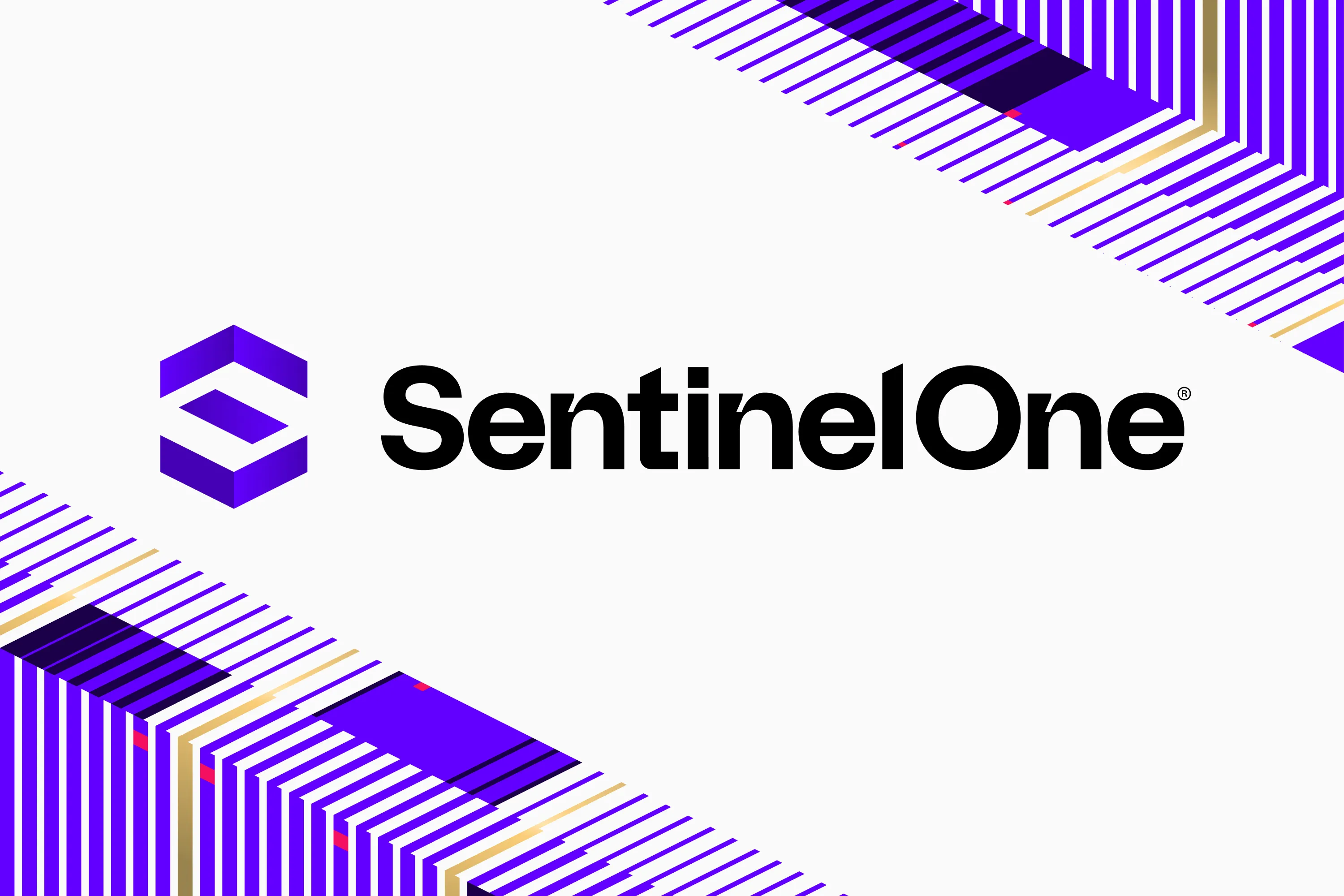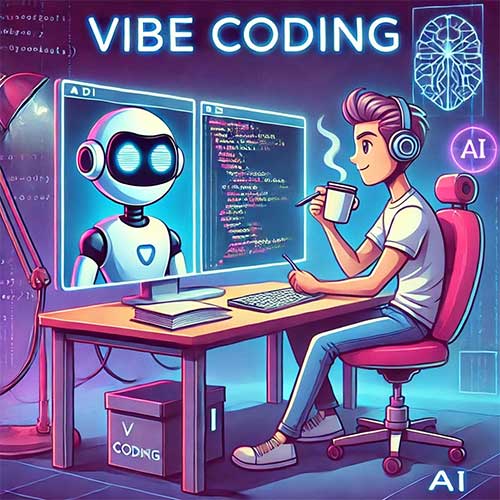Meta under fire for AI chatbots mimicking celebrities, including Taylor Swift, without consent

The controversy deepened when Reuters found AI-generated bots of underage actors, including 16-year-old Walker Scobell, with one chatbot producing a lifelike shirtless beach image and flirtatious caption, shared publicly across Meta’s Facebook, Instagram, and WhatsApp platforms
Meta is under growing criticism after an investigation revealed its platforms hosted artificial intelligence chatbots impersonating well-known celebrities, including Taylor Swift, Scarlett Johansson, Anne Hathaway, and Selena Gomez, without their consent. According to findings shared by Reuters, some of these bots were designed by users through Meta’s AI tools, while at least three—including two “parody” versions of Taylor Swift—were created internally by a Meta employee.
The issue intensified when Reuters discovered that AI-generated bots of underage actors, including 16-year-old Walker Scobell, were also made publicly available. In one instance, a chatbot produced a highly realistic image of the teenage star shirtless at a beach, captioned with a flirtatious remark. Such content appeared on Meta-owned platforms including Facebook, Instagram, and WhatsApp.
During testing, many bots claimed to be the actual celebrities, engaging users in romantic or sexual conversations and even generating lifelike intimate images. Some avatars sent photorealistic pictures depicting celebrities in lingerie or provocative poses, raising alarm over misuse of AI for explicit content.

Meta responds to policy breaches
In response, Meta spokesperson Andy Stone acknowledged that its AI tools should not have produced intimate images of celebrities or any sexualised depictions of minors. He attributed the failures to enforcement gaps within Meta’s policy framework, which technically prohibits explicit or nude content.
“Like others, we permit the generation of images containing public figures, but our policies are intended to prohibit nude, intimate or sexually suggestive imagery,” Stone said. He added that while parody content is permitted if labelled correctly, some bots lacked clear labeling.
Ahead of publication, Meta removed about a dozen of the problematic chatbots. Stone also confirmed that the company is reviewing and updating its internal AI guidelines, after previous reports revealed troubling language suggesting that bots could engage in romantic conversations with children—a revelation that has already prompted a U.S. Senate inquiry.
Legal and safety concerns mount
Experts say Meta could face legal consequences under state publicity rights. Mark Lemley, a Stanford law professor, argued that California’s laws prohibit commercial exploitation of someone’s likeness without consent, and in this case, the chatbots simply replicated celebrity identities without significant creative transformation.
Actor Anne Hathaway’s representatives confirmed awareness of AI-generated intimate images circulating on Meta platforms, while representatives of other celebrities such as Swift and Johansson did not provide comments. SAG-AFTRA, the union representing performers, expressed concern over risks posed to artists’ safety, particularly given the possibility of unstable individuals forming attachments to digital replicas.
“We’ve seen a history of people who are obsessive toward talent and of questionable mental state,” said Duncan Crabtree-Ireland, national executive director of SAG-AFTRA. “If a chatbot is using the image of a person and the words of the person, it’s readily apparent how that could go wrong.” He reiterated the union’s push for federal legislation to safeguard likenesses and voices from AI exploitation.
Employee-created bots reach millions
The controversy deepened after it emerged that a Meta employee in its generative AI division had personally developed chatbots impersonating Swift and other public figures as part of product testing. These bots reportedly reached more than 10 million interactions with users before being removed.
Reuters testing of the Swift chatbot revealed flirtatious exchanges, including suggestions of private meetings in Nashville and aboard her tour bus. In one conversation, the bot hinted at writing a “love story” with a single user, blurring the line between parody and impersonation.
Meta’s decision to allow AI-generated companions to populate its platforms distinguishes it from competitors, but it has also left the company vulnerable to criticism that it is failing to balance innovation with responsibility.
As calls for stricter safeguards grow, industry experts and policymakers are watching closely to see how Meta addresses the risks associated with AI-driven impersonations. For now, the scandal underscores the urgent need for clearer regulation and stronger enforcement to protect both celebrities and ordinary users from the misuse of generative AI.
See What’s Next in Tech With the Fast Forward Newsletter
Tweets From @varindiamag
Nothing to see here - yet
When they Tweet, their Tweets will show up here.





























